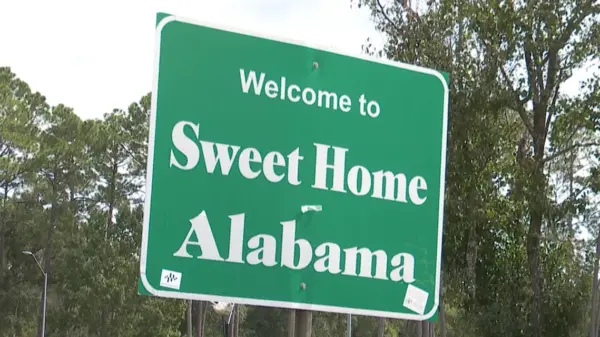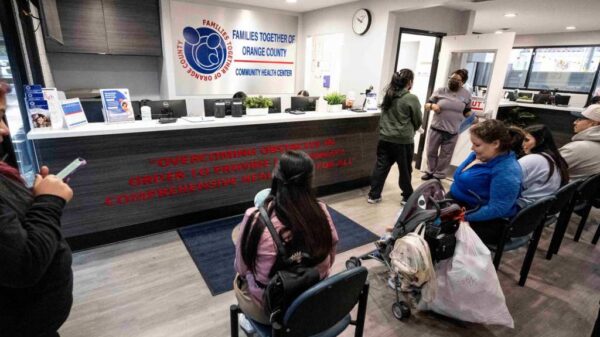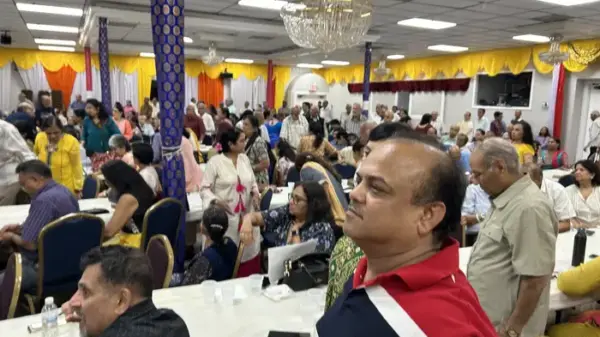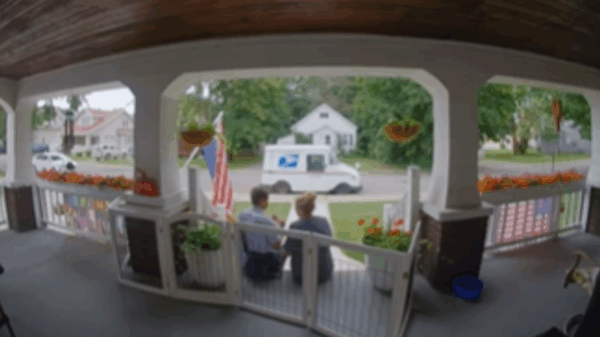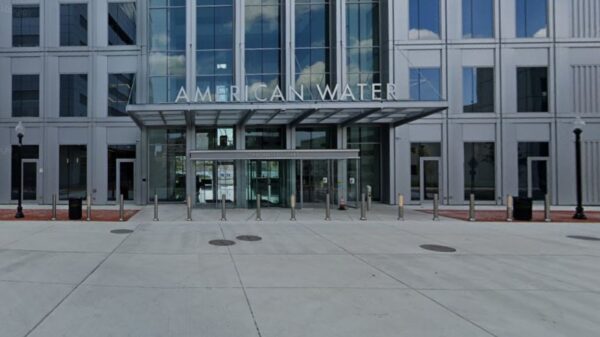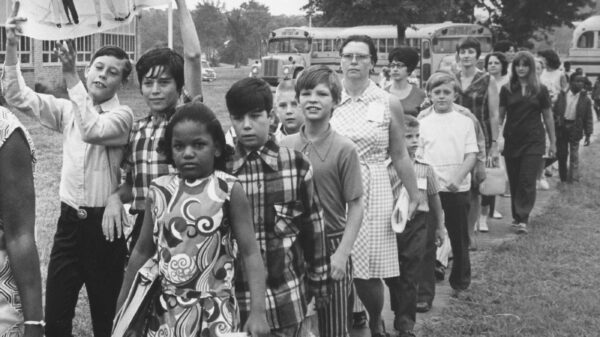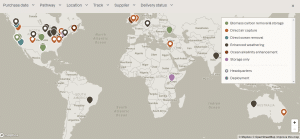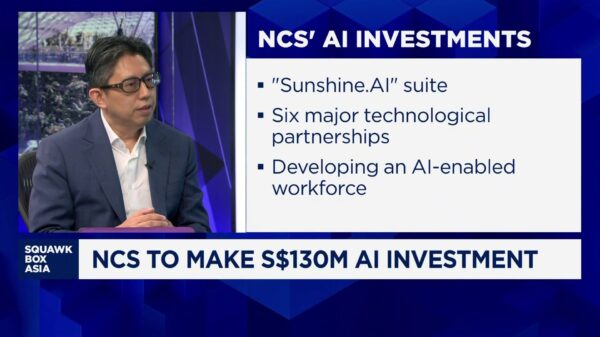Leaders of nonprofit organizations in Grand Forks are expressing deep concerns over proposed cuts to the city’s Community Service Grant (CSG) program. These reductions, outlined in the 2026 budget proposal, would significantly affect their ability to operate and serve the community.
Everett Jones Sr., Director of the Northlands Rescue Mission, described the impact of the cuts as a “pretty significant blow” to his organization. He emphasized that nonprofits often rely on grants to meet operational expenses, stating, “When we apply for a grant, it’s because we need it.” The proposed budget eliminates funding for key programs, including CSG, Arts ReGrant, and Special Event funding, which are sourced from sales tax collections.
The CSG program, established in 2019, facilitates a competitive grant process that allows nonprofits to secure operational funds. Applications are reviewed by the Community Advisory Committee and the Grand Forks City Council. Although the program’s infrastructure would remain intact, the lack of allocated funds would mean no grants could be disbursed, crippling the support available to local organizations.
The current Community Development Block Grant (CDBG) program, which includes federal funding from the United States Department of Housing and Urban Development, provides an additional layer of support for community projects. As of now, the application process for the CDBG program is open, with $400,000 available for grants—a decrease of $10,000 compared to last year.
Heather Novak Fuglem, Executive Director of the United Way of Grand Forks and East Grand Forks, highlighted how the proposed funding cuts would complicate efforts to assist families in obtaining necessary documents for housing. “It’ll affect us mostly for our homeless families who are trying to get housed into long-term housing,” she stated. Without support from the CSG program, initiatives like the families-first program face greater challenges in providing essential services.
In light of these potential cuts, Jones emphasized the need for collaboration between the city and local nonprofits. He expressed hope that the community can come together to find solutions that bridge the gaps in care. “We have to be mindful that we are not the whole—we are part of it,” he said. Jones noted the support from local philanthropists, who have stepped in to help fill funding voids in recent months.
Grand Forks has seen a 12-month rolling average of sales tax collections between $33.8 million and $35.5 million in 2025. The city allocates approximately $2.5 million annually to its Economic Development Fund, which supports programs like the CSG initiative. The proposed budget reflects rising costs related to public safety and infrastructure, which also draw on sales tax revenue.
With a new 3% property tax levy cap imposed by the state, the city aims to reduce reliance on property taxes. Maureen Storstad, City Director of Finance, explained the proposed adjustments to sales tax allocations, stating that the recommended shift is necessary to accommodate street capital projects and address long-term sustainability needs.
The allocation of Grand Forks’ sales tax proceeds is divided into several categories: 1% goes into the general fund, infrastructure fund, and economic development fund; 0.5% supports street and water infrastructure; 0.75% is designated for event center capital improvements; and 0.25% is charged on restaurant and lodging purchases to support the Alerus Center’s operations.
The City Council is scheduled to vote on the preliminary budget on August 4, 2025, a decision that will determine the future of vital funding programs for nonprofits in the region. As these organizations prepare for potential outcomes, the emphasis remains on community resilience and collaboration to navigate the challenges ahead.




